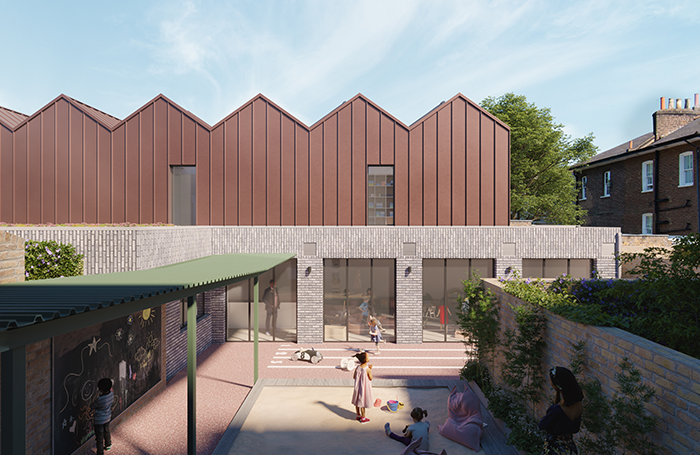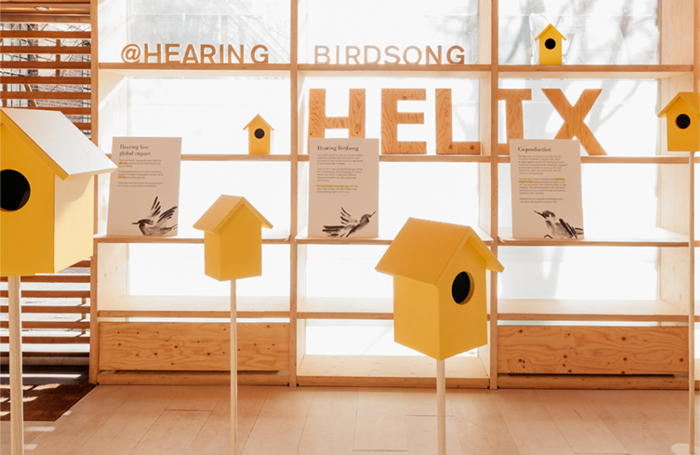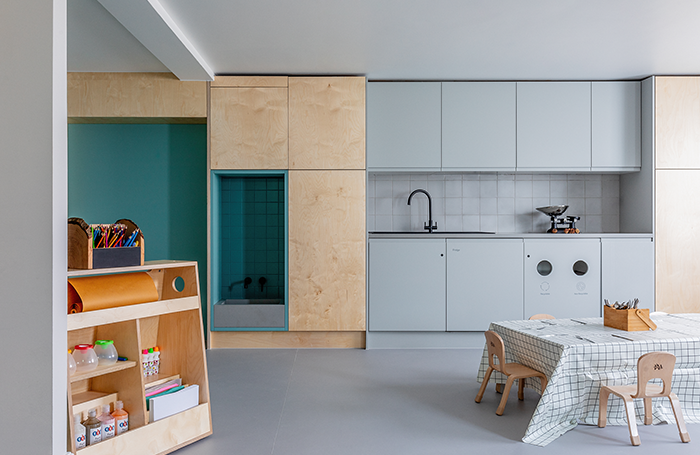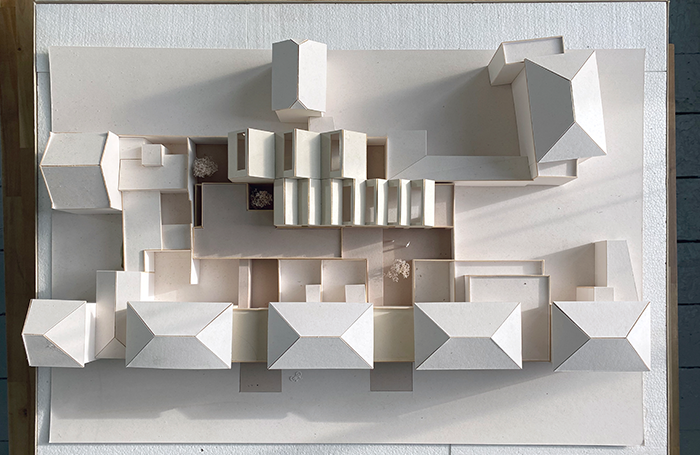Kennedy Woods helps organisations create impact through architecture and design strategy, with a particular focus on sustainable growth. They are the UK’s first architecture studio to achieve B Corporation status - a certification for ethical businesses that balance people, planet and profit.
Founded by architect Chris Kennedy and product designer Tom Woods, the studio’s work spans a range of scales and sectors, but is always underpinned by three core interests: aligning design strategy with their client’s organisational aims, a user-centred approach to design, and a focus on the social and environmental impact of built-outcomes.
Kennedy Woods is a Wallpaper* Magazine ‘Ground Breaker’.

What’s the most exciting project you’ve got coming up and why?
We’re working on a low-carbon CLT new-build nursery school in Hackney, that’s been fit into a tricky, constrained site. Having repurposed lots of existing buildings as nurseries over the last five years, it will be our first opportunity to create one from scratch so have focused on its sustainability credentials: The scheme has 25% of the embodied carbon of a traditional build, and is on track for a BREEAM “Excellent” rating.
What do you think is the most important issue for architects to focus on right now, and what are you doing as a practice to tackle it?
The climate crisis is obviously a huge issue with a myriad of responses. At the moment we’re focusing on helping institutions think about how they can get more from existing estates, in line with the RetroFirst approach. We run workshops to help break down the subject of sustainability and its technical aspects, to make it more accessible and help with goal setting at brief stage. In terms of minimising our own impacts, we work with PlanetMark to measure our carbon footprint, and offset anything we can’t reduce through Earthly.io making us a carbon neutral business.

Where do you look for inspiration?
We’re always trying to dig deeper into the brief, rather than looking elsewhere for precedents, usually finding ways to hear directly from end-users about their challenges, aspirations, and needs, not just those of our clients. This has arisen from an interest in how spatial environments relate to user-experience, rather than thinking about architecture from a perspective of ‘craft’ as it’s usually represented within the industry.
What do you think smaller architecture practices need the most support with, and does this differ from larger, more established practices?
Formal leadership and management training is probably the most overlooked aspect of small practice life, both for directors and senior team members. The character and atmosphere of a small practice is heavily influenced by whoever is at the helm, for better or worse, unlike in a larger office. We’ve been lucky enough to have access to mentorship and training from day one with this. Setting a high bar and trying to meet expectations on the culture side still proves some of the hardest challenges, but some of the most rewarding when things are going well.

How can architects reconnect people with nature in urban environments through architecture?
Thinking outside the (architecture) box, over the last year we’ve been developing an app that uses birdsong and immersive forest soundscapes to screen for hearing loss. A public beta is now live, which you will be able to see in the Design Museum from July, or interact with online via our website. So in answer to the question, I think it’s about going beyond the visual to consider all our senses when thinking about our built environments.
What is your advice for future generations of architects?
Don’t spend too much time with other architects! It’s easy to become entrenched in industry jargon or limited to ways of talking about and perceiving buildings that get in the way of direct, empathetic communication with those you’re designing for. Rolling your sleeves up and working on real projects as early as you can will help build your ability to collaborate in teams and that’s essential for any project to succeed.

To find out more about Kennedy Woods, visit the Kennedy Woods website or follow them on Instagram, and LinkedIn.









